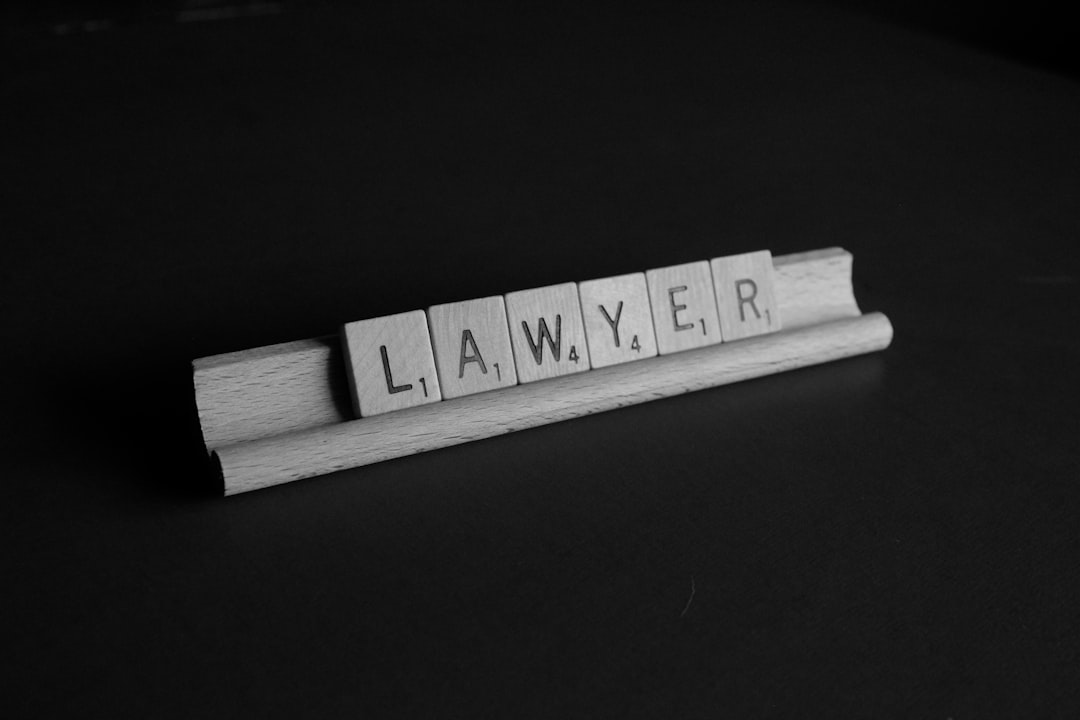Philadelphia, PA, has stringent child abuse laws protecting minors from physical, emotional, sexual, and neglectful abuse. Local child abuse law firms specialize in navigating these laws, offering support to affected families, and ensuring perpetrators are held accountable. The Statute of Limitations for filing civil lawsuits varies by abuse type in Pennsylvania, with victims having up to 18 years or discovery of abuse to take action. Reporting child abuse to authorities is the first step, followed by engaging with reputable child abuse law firms for legal guidance within these timeframes to protect rights and pursue justice.
In Philadelphia, PA, understanding the Statute of Limitations for child abuse cases is crucial. This comprehensive guide explores the legal framework surrounding child abuse, focusing on the city’s specific laws and regulations. We delve into the timeframe for filing claims, providing insights into the limitations that apply. Additionally, we navigate the legal steps after disclosure of abuse, assisting victims and their families with expert advice from leading child abuse law firms in Philadelphia PA.
Child Abuse Laws in Philadelphia: An Overview

In Philadelphia, PA, child abuse laws are strictly enforced to protect minors from harm and ensure their well-being. The city has robust legal frameworks in place to address various forms of child maltreatment, including physical, emotional, sexual, and neglectful abuse. These laws not only define what constitutes child abuse but also outline the rights of victims and the responsibilities of perpetrators. Child abuse law firms in Philadelphia PA play a crucial role in navigating these complex legal issues, offering specialized support to families affected by child abuse cases.
The Statute of Limitations for filing criminal charges related to child abuse is typically shorter than other types of offenses. In Pennsylvania, it’s important to note that individuals who have suffered child abuse must bring forward their claims within specific time frames. These laws are designed to balance the rights of victims with the need for swift justice. Child abuse law firms in Philadelphia PA assist clients in understanding these deadlines and provide guidance on taking appropriate legal action within the prescribed time limits.
Timeframe for Filing Claims: Understanding Limitations

In Pennsylvania, including Philadelphia, the Statute of Limitations for filing civil lawsuits related to child abuse is crucial information for victims and child abuse law firms alike. This legal concept dictates the timeframe within which a claim can be legally initiated after the incident occurs. For child abuse cases, the clock starts ticking from the moment the victim turns 18 years old or, in some instances, when they discover the abuse, whichever comes later. This means victims have a limited time to come forward and seek justice.
Knowing these limitations is essential for anyone considering legal action against perpetrators of child abuse. Child abuse law firms in Philadelphia PA play a vital role in guiding clients through this process, ensuring their rights are protected within the set deadlines. Understanding when to file can be a game-changer for victims seeking resolution and closure.
Navigating Legal Steps After Disclosure of Abuse

After disclosing an incident of child abuse, it’s crucial to understand the legal landscape in Philadelphia, PA. The first step is to report the abuse to the appropriate authorities, such as the local police department or the Department of Human Services. This prompt action ensures that the case can be thoroughly investigated and that all necessary evidence is collected.
In Pennsylvania, the Statute of Limitations for child abuse cases varies depending on the type of abuse. While some forms of abuse have a limit of 12 years after the victim turns 18, others may have longer periods. Engaging with reputable child abuse law firms in Philadelphia PA can provide invaluable guidance. These legal professionals specialize in navigating complex laws and ensuring that victims’ rights are protected throughout the process. They can offer support, explain legal options, and help file any necessary paperwork to pursue justice and closure.






